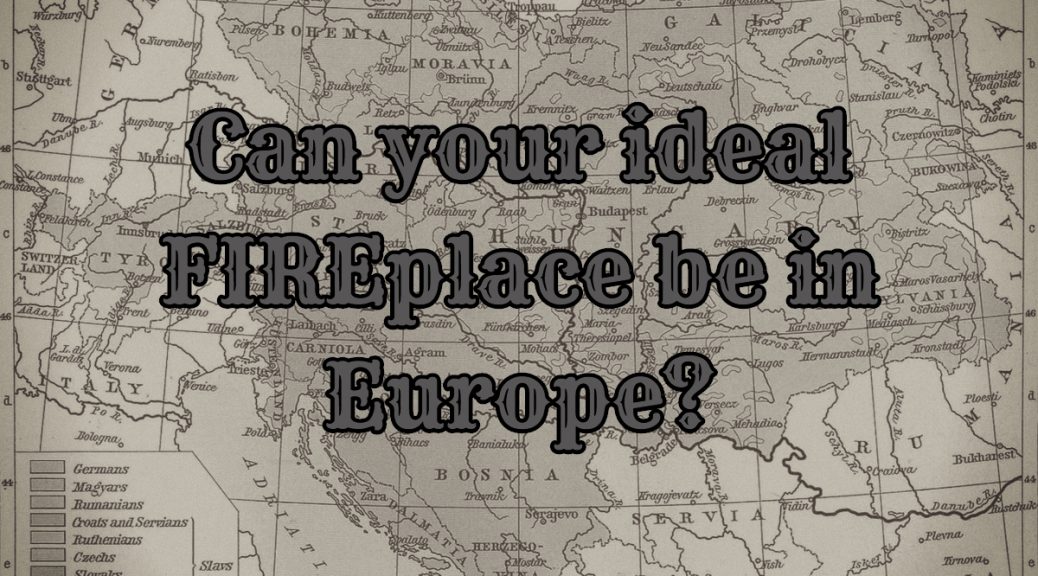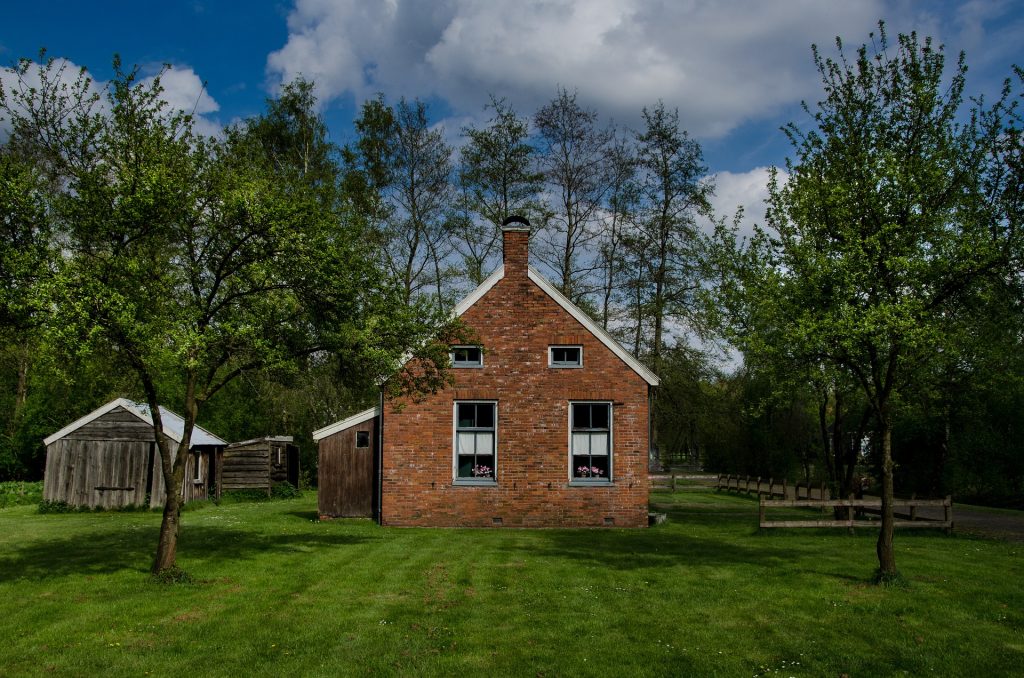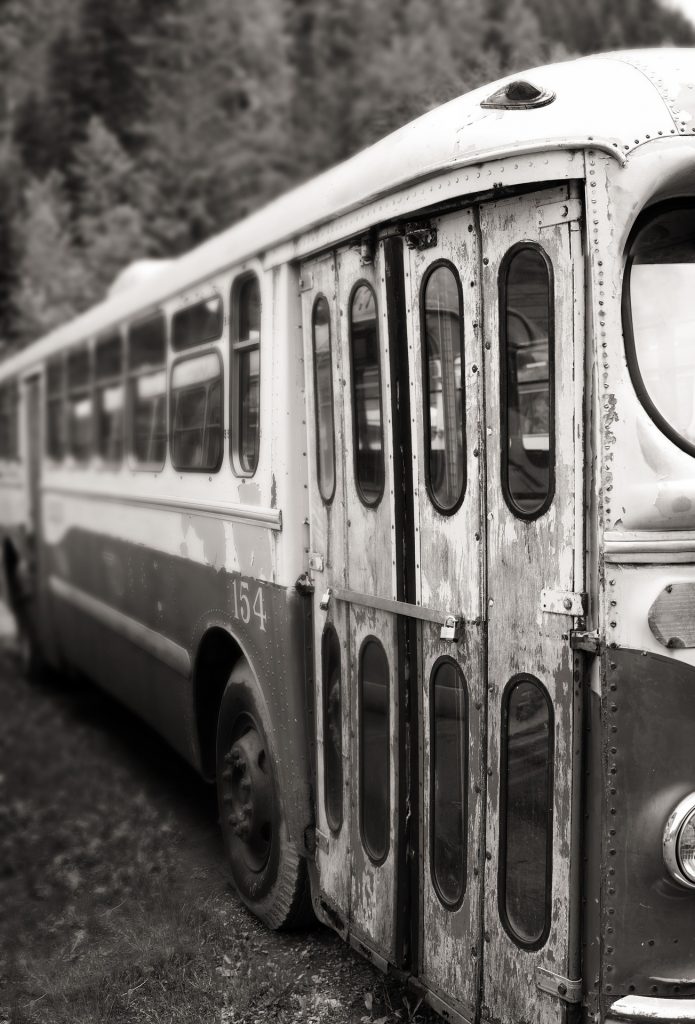
Can your ideal FIREplace be in Europe?
First of all, by FIREplace I meant the place where you retire to. I bet your instinctive answer to this question would be a huge YES. Also, probably you are already envisioning yourself enjoying the sun on a sandy beach in Spain, France or Italy. Or maybe you prefer indulging into the great fun what a capital city like London could offer? Or even would you just spend your time wandering around in the Alps in Switzerland or Germany? Riding a bike in Netherland or sweating in a sauna in Sweden? The list could go on and on. To be honest I cannot blame you and probably you are right.
But I want to discuss a different area today. We are heading to the eastern parts. As you may know, I am living in northern Serbia so we will discuss local options. The numbers could be identical or pretty similar at least for other areas in the neighborhood. Narrow down this area to the places I know about from experience so let’s say my statements stand for Vojvodina (Serbia), Hungary and Transylvania (Romania).
Now it’s a fact that in the latest years this area is a not the place what comes to mind when you are thinking about where to move. People are leaving these ends in dozens every day searching for a better life in western Europe. I could not really point to a single family around here which does not have a member or a friend (or more) who works and lives abroad. The great majority is driven by financial reasons others by political or simply lifestyle preferences. Can not blame them, this area is not the best place for the average Joe for hoarding wealth. I would lie if I’d say I have never been tempted to leave. To be honest I am thinking about that option every now and then.

Same time I always see people (unfortunately in very small numbers) who after living abroad for many long years finally gets defeated by homesickness and return to here. While that is a huge driving force there are other benefits of returning to the homeland after you have a steady pension or sufficient savings. In comparison to the states or even western Europe, this is a low-cost area.
Needs and wants in early retirement are very subjective things and highly affected by the lifestyle you used to live. I cannot promise that this area can provide you with everything, so for the sake of this thought experiment let’s assume that you are satisfied with what our little country could offer at other fields of life and let’s focus on the numbers. I will try to summarize the basic financial needs for living in the area looking for multiple options for spending ranges. So let’s see the “big three”.
Housing
There is the eternal debate of renting or buying but we will not cover that now. There are too many variables for every situation so let’s get some examples for both. This place is no different than others, the rental prices are highly dependent on the location and the type of the property.
Renting
If you are ok with living in the countryside you can find cheap accommodation in villages or small towns. The only problem here is to find a suitable property (the renting out culture is not that widely spread here). There is a chance that you will not find a flat in such areas but if you can find a house for rent you can probably get it for $70-$150/month. I heard about folks who were able to get a rental and not paying a dime for it just taking care of the place (while the owners were working abroad).
Small-medium sized cities are a little bit more expensive but also could offer more entertainment by the western standards. There is a chance that you can choose from a bigger assortment. From real-life examples, I could say that you can find a studio apartment (around 375sqft) for $100-$150, a medium-sized (around 540sqft) for $150-$300, and a big one (above 1000sqft) for $300-$500 per month. Rental houses are not as frequent here as they should be (trust me we were searching for one with no luck) but where you can find some the prices would be similar to flat rentals only houses can be found at more distant locations.
Big cities are the ones which I would avoid at any costs, but if you insist and want to find a reasonable and acceptable flat you would probably shell out similar amounts as in the western countries. The variability is so high that I would not even try to guesstimate exact numbers, but it could be anywhere above $500 and the sky is the limit.
Buying
Following the same distinction at smaller places, you can find properties for even a couple thousand dollars. I heard about whole farms which were bought for less than $10k (taxes and other expenses included). A good estimation for average house prices at these places is on the $10k-$30k scale depending on the size.
In medium-sized cities, flat prices vary from $750-$1250 per square meter (10sqft). Seemingly the real estate market is growing finally, there are a dozen constructions going on just in our city so we could say that there is a nice assortment. From my experience house prices for acceptable properties with average sizes (around 1500sqft home size on a 5000-7500sqft plot) would cost you $45k-$70k.
For big cities the situation is the same as for rentals, the prices could be similar to western mid-size places. Anyway assume a number north of the upper limits of the previous paragraph.

Utilities
In terms of utilities, I can only speak about my (and my peers) experiences. We used to live in a flat and our monthly bills added up to $110 per month on average. When we moved to our house our expenses rosed a bit thanks to heating bills. Electricity, water + sewer costs, waste removal, natural gas, landline + internet for our household averages around $200 per month. Your location does not really affect these numbers, the size of your home does.
Transportation
You should know two things about public transportation in Serbia. The first thing is that the tickets are not expensive. The second thing is that as a bonus you get an instant time travel 50 years back. While there are exceptions most vehicles are remainings of the last century and a lot of them are older than me.
Railways
My grandfather told me nice stories about the great Yugoslavian railways. I wrote about him earlier and told you that he was a “gastarbeiter” in Germany and he used the railways back then. The huge problem is that if you are not living in the middle of the country (around the capital city, Belgrade) if you see a newer train it is probably a foreign one. The rest of them are the same ones my grandpa used.
I had some friends who commuted to school by train. The rule was that if the train was not able to start in the morning the railway company provided an excuse to them for skipping the school that day. Once I was waiting for my train departure at 7’o clock in the morning. The first news was about a ten minute late. At 2 PM I gave up and went home. So, definitely not recommended for a daily commute.
Before I totally scare you away from using the railways in Serbia I have to tell that as a rule of thumb the longer the line of travel and the more international the line is the higher the probability is that the trip will actually happen. I used to travel a couple of times from the top of Serbia all the way down to the shores of the Adriatic sea in Montenegro for roughly 50 bucks. Also, if you want to experience the true essence of the Balkans I really recommend taking longer trips by train here. Expect something like in this video. 🙂
Bus companies
As the glory of the railways was fading bus companies were breaking forth just to step on the same path. Again there are exceptions. As a rule of thumb the bigger the company is and have long and/or international lines the newer and better are the vehicles. The oldest ones are running between smaller towns and in public transport in small-medium sized cities. I remember a movie about the Montgomery bus boycott. Well, today I was traveling on a similar vehicle, maybe a little bit dirtier 🙂
Again, prices are in correlation with the quality of the service. A local one-way bus ticket is $0.9, the monthly ticket is $25. Interurban lines are selling for roughly $0.15/mile. The exceptions are the international lines like the one to Austria. These are newer vehicles and a one-way ticket is $45. Tourist agencies have also good vehicles and fair prices, you can buy a return ticket to Chalkidiki, Greece for $70-80 per person.

Taxy & Uber..ish companies
Uber is non-existent over here but has some local flavors like CarGo and BlaBlaCar. These are unfortunately usable only in bigger cities but you can find a taxi at pretty much every town. The prices are around $0.8 per km which I consider relatively cheap compared to western fares.
Car ownership
This is a topic worth a separate post alone so, for now, I would only tell that new car prices are relatively high, cars are not cheaper than in the western countries where salaries are multiples of ours. This sucks, I know but we are frugal folks after all so we buy only new to us cars, right?
Again a topic for a different day, but in terms of the used car market, you can buy a reliable smaller hatchback for $5-7k which can serve for a decade at least. Expect higher fuel prices than over the pond, still, if you travel in a group this could be a more economical option. If I don’t take the purchase price into account just the fuel and maintenance costs a family of four could probably travel by car for less (half-price to same cost range) than a bus ticket on a specific distance.
Food
And last but not least we reached the biggest positive factor in living here. As in a dominantly agricultural area, the local ingredients are relatively cheap and high in quality. Would not make a list myself here, but bumped into this great statistic site lately. If you follow the link you can find a pretty accurate list from the basics and you can estimate your expenses based on your grocery buying habits. Let’s see some actual tips how should you get your food.
Straight from the producer
At almost every place there is someone who knows someone who produces this or that. While this is not an option for everyone if you can discover such a channel respect it as you probably found gold. This is the way to get the highest quality for the lowest price especially if you buy in bulk or if you become a loyal customer. If you are going through a village or small town and you see goods on a table or in buckets next to the road look for the owner, they will happy to serve you and even jump into juicy negotiations. 🙂
Farmers market
The second best option and the best for the ones who like to do regular grocery shopping tours and get everything in one place. Vegetables, fruits, meat products and diaries are high in variability and the prices are good. The only important thing here is to always try to discover producers and try to avoid wholesalers to get the best quality for your money. Also, don’t really believe if you see an organic or bio label on anything. This trend is just conquering these parts and not totally respected by producers. I know about farmers who said when someone asked what is the difference between the bio and not bio versions that the non-bio producers are using chemicals by daylight…
Supermarkets & Hypermarkets
These are offering pretty much everything exactly like anywhere else. The assortment is abundant, local stuff is dominant but you can find all the world-class brands and products. You should buy in bulk here everything you do not manage to get at the first two options.
Local food
Ok, we reached even the most interesting part of this section. Similarly to cars this worth a separate post alone. If you are curious about a detailed list of the Serbian cuisine you can find it here. Bakeries are the go to places in the morning to enjoy a full-filling burek (although not the healthiest choice) with jog(no h here)urt of course (for roughly $1.5-$2). Grill bars are literally everywhere, every little town has at least one of them. Unfortunately, they are renovating them to look more like fast food restaurants. Still, the end product is the same: tasty grilled meats and plenty of fresh veggies. You have to visit these places at lunch AND dinnertime ($2-$5/per meal). Yes, as you may be guessed your stomach will be pampered here 🙂 Oh, and at the end of the day you could still have only $10-$15 spent.
Restaurants
As a closing accord, I have to say that most of the restaurants over here are pretty good. They serve tasty meals for reasonable prices and most of the times the amounts are more than plenty. Of course in bigger cities, you could go for maximum fanciness at stellar prices but a reasonable small-middle sized city can offer you a very good quality and huge portions for around $5-$10 per meal. Even if I take into account the best restaurant in our town if you don’t pick something exotic (like sea-fish) you could fill your stomach for $8-$20. Add a glass of excellent local wine or artisan beer which would add another $3-$5 to the bill. Sounds tempting?
Closing thoughts
Living at our ends has its pros and cons just like any other place. This area is definitely not the best place for chasing FIRE. The only exception is if you can take advantage of geoarbitrage like hundreds of local companies and especially thousands of freelancers who provide high-quality professional services for the western world for western salaries. But as you were able to realize for now if you find the environment, the culture and the people over here a fit for your taste the countries of central-eastern Europe can be a tempting choice as a FIREplace. If nothing more, definitely worth an extended visit after you reached FIRE 😉
What about you? Would you be able to retire to such a place? Do these numbers make these end tempting for FIREd folks? Share your ideas in the comments! See you soon.

8 thoughts on “Can your ideal FIREplace be in Europe?”
I’d absolutely move to eastern Europe, and I haven’t even been there yet. I’ve seen many places in western Europe and wouldn’t mind FIREing to many of them. We’re going to Hungary in October, so I’ll get my first taste of eastern Europe.
The one place I know I don’t want to move is back to the United States. I do miss family there, but that’s it.
Interesting points. I haven’t been to the states or Germany but is definitely on my bucket list. Not sure if I would like to spend a lot of time over there, but definitely would have an extended trip around (ok, that would take a lot of time alone:) ). I would recommend visiting the places I mentioned have a lot of exceptional sights and lifetime experiences are guaranteed with a moderate price tag. If I have to make a final conclusion and if I try to look at the area with the eyes of a western retiree probably a medium city in Hungary would be the perfect choice as a FIREplace. Who knows, maybe even I will end up there 🙂 Thanks for reading!
Cool post, it def makes me want to visit, looks like a fabulous place to live now.
What’s the language situation? Could one get by in English? What languages are spoken by locals?
The area definitely worth at least a prolonged country road trip. In terms of the language, the rule of thumb is the bigger the city the better position you are in. You could get by English pretty good in Hungary, it is a popular place for outlanders 🙂 Not sure about Transylvania/Romania, but I assume the situation is the same as it is a very tourist oriented area. Not by accident, they have world-class sights which you barely can see elsewhere. Finally, in Serbia, you can also get by with English just look for younger folks. Serbian youth is pretty good at English in my opinion. The root of this is in entertainment. They rarely translate movies so most of the kids spent their childhood watching English speaking films and cartoons and you know, the young brain is like a sponge. So don’t stress over getting yourself understand too much 🙂
I keep thinking about the Dalmation coast.
That could be a good choice, however, the cost of living raise in recent years. Still could be inexpensive by western standards. Maybe a coincidence but we were discussing exactly this option last week with my coworkers and we agreed that could be a realistic scenario.
I like the area, though I haven’t been there for almost three decades now. Definitely planning a family vacation in the following years to revive those memories 🙂
This is good. I used to live in Serbia and Bosnia, and would return to both more long term in a heartbeat. Quality of life was great, especially knowing the language, and cost of living was low. Can’t wait to visit again.
I have no experience with Bosnia but assuming a similar situation. Yes, you can live a pretty comfy middle-class life for much less than in the western parts. A friend of mine who moved to London (then moved back a couple of years later) was complaining that before New Year’s Eve they were hunting for a suckling pig to roast and barely managed to find one. Also, the price was almost ten times higher. Well, this is a luxury you can easily afford over here. Damn, why am I constantly talking about food? 😀 Anyway thanks for reading!
Comments are closed.